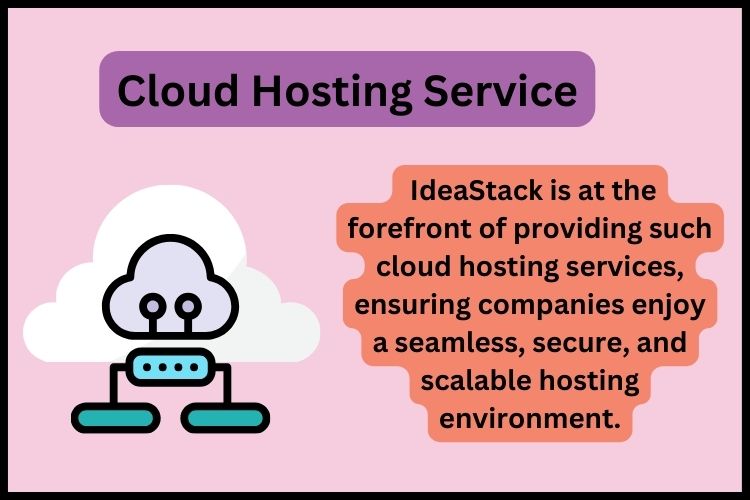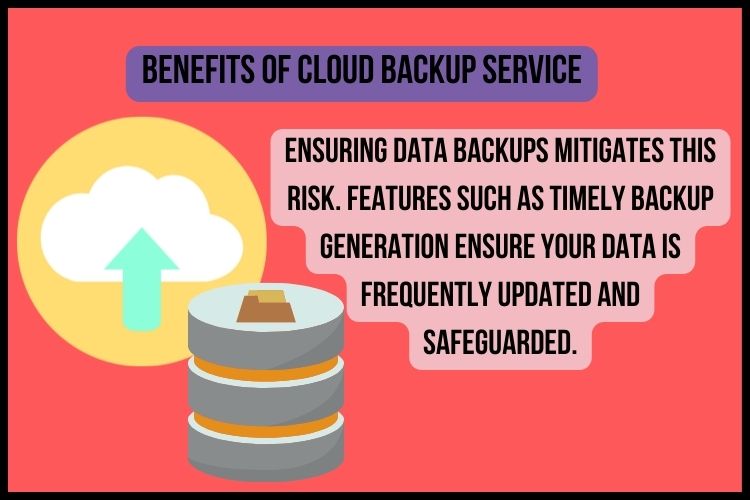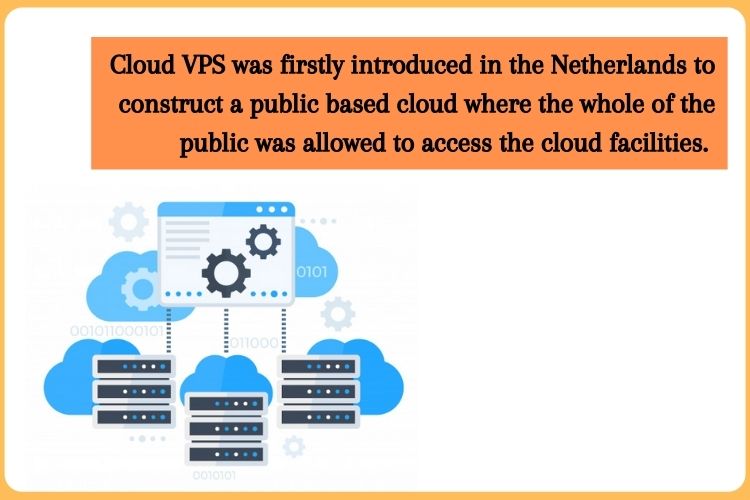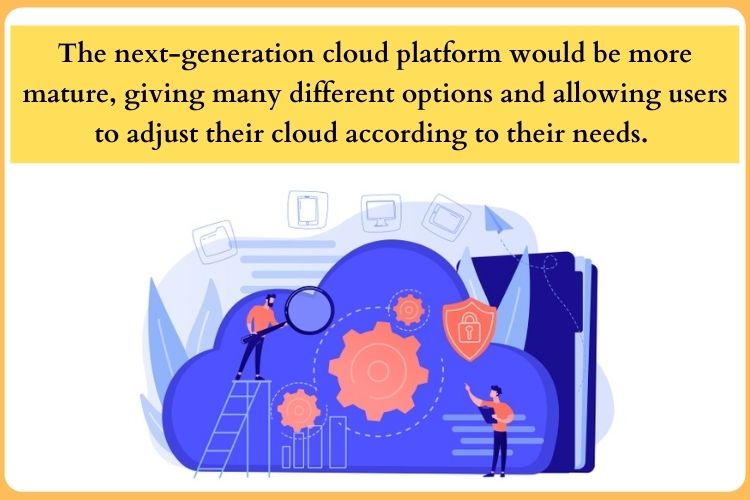CLOUD HOSTING: HOW DOES IT REALLY WORK?
The evolution of the digital age has pushed businesses to revamp their strategies. As every organization thrives on data, safeguarding it becomes paramount. Amidst this landscape, cloud hosting has emerged as a game-changer. But how does it work? And why is it becoming the preferred choice for many, including leading companies like IdeaStack? Let’s explore.
What is cloud hosting & how does it work
In its simplest form, cloud hosting is the system where instead of hosting your website or application on a single physical server, it’s spread out across a network of virtual servers. These servers draw from a common physical network of underlying servers.
The Importance of Data Management
The managing of data on any website running a particular business is a very important aspect. As your business grows, your data increases. The protection of the data is very important. It may belong to you or your customers. Either way, the data is very important. And since it is so, it becomes essential to protect it, which is why every company makes it a point to safeguard the information efficiently.
Organizations want to ensure that their data must be backed up and secured and made accessible to it whenever needed or in an emergency. They not only need to make sure that the backup plan is good enough for the website but also that it fits their budget.

Introducing Cloud Hosting Service
Here’s where cloud hosting shines. It gives organizations the flexibility to outsource their data backup. The Cloud Backup Service provider offers the best in class security, deduplication, encryption DR services, and other real-time data protection services.
Notably, IdeaStack is at the forefront of providing such cloud hosting services, ensuring companies enjoy a seamless, secure, and scalable hosting environment.
Benefits of Cloud Backup Service
The primary allure of cloud backups lies in their ability to manage a company’s data with minimal hardware installations. Many companies, especially startups, aren’t equipped to handle extensive hardware on their premises.
Additionally, consolidating data backups in one cloud location ensures easy management. When your backup service is cloud-powered, as provided by esteemed companies like IdeaStack, security concerns dissipate.
One of the predominant challenges organizations face is data loss—a crippling occurrence that can disrupt business operations. Ensuring data backups mitigates this risk. Features such as timely backup generation ensure your data is frequently updated and safeguarded. Plus, the promise of high-speed data recovery ensures that even if an issue arises, your operations aren’t severely impacted.

Advantages of Cloud Hosting
1. Scalability
Easily upscale or downscale resources based on your needs.
2. Cost-effective
Only pay for the resources you use.
3. Accessibility
Access your data from anywhere, anytime.
4. Redundancy
Multiple backups mean you’re less likely to lose data.
Conclusion
Cloud hosting isn’t just a trend; it’s a transformative approach to reshaping how businesses operate online. From safeguarding critical data to ensuring rapid scalability, it presents an array of benefits. Organizations need not fret about data loss or hefty hardware investments. With industry leaders like ideastack propelling cloud hosting services, the future of online data management seems robust and secure.
Frequently Asked Questions.
Q1. How does cloud hosting affect website performance?
Cloud hosting generally enhances website performance. The distribution of data ensures faster load times, and resources can be allocated based on traffic, ensuring smooth user experiences.
Q2. Is cloud hosting more secure than traditional hosting?
Yes, cloud hosting, especially with services from providers like IdeaStack, typically offers enhanced security features, including encryption, real-time protection, and timely backups.
Q3. How does cloud hosting impact the speed and performance of a website?
Cloud hosting usually ensures better website performance due to its decentralized nature. It allows for easy scalability and high-speed data recovery, ensuring minimal downtime.









